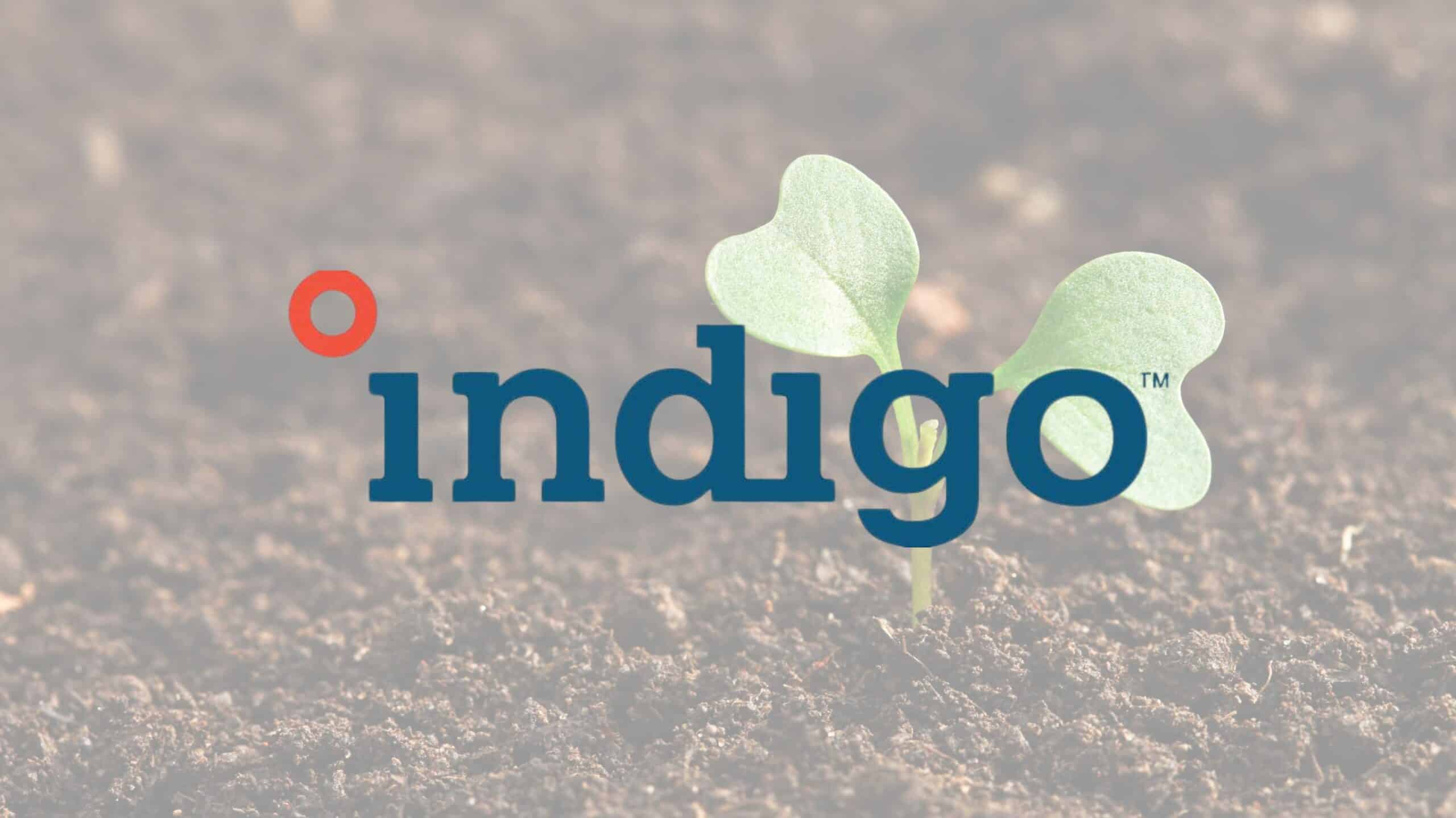Key Takeaways
- Indigo Carbon issued its fifth U.S. carbon crop through the Climate Action Reserve
- 1.1 million independently verified carbon credits were issued in the latest tranche
- Total impact now exceeds 2 million metric tons of carbon removals and reductions
- Credits are aligned with ICVCM Core Carbon Principles
- Program includes more than 8 million enrolled acres across 28 states
Indigo Carbon Reaches Milestone with Fifth Credit Issuance
Indigo Carbon announced the issuance of its fifth U.S. carbon crop, bringing the company’s cumulative impact to more than 2 million metric tons of carbon removals and reductions across American croplands. The latest issuance includes 1.1 million independently verified carbon credits issued through the Climate Action Reserve.
With five consecutive issuances, Indigo Carbon positions itself among the most established soil-based carbon programs in operation. The credits were issued under the Climate Action Reserve’s Soil Enrichment Protocol, which has received approval from the Integrity Council for the Voluntary Carbon Market (ICVCM) and aligns with the Core Carbon Principles for high-integrity carbon credits.
“Indigo continues to set the standard for high-integrity soil carbon removals that corporate buyers can trust,” said Max DuBuisson, Head of Impact & Integrity at Indigo. “Soil carbon is uniquely positioned to scale as a climate solution because it captures and stores carbon while also improving water conservation and crop resilience.”
Scaling Agricultural Soil Carbon
Since 2018, Indigo Carbon has enrolled more than 8 million acres across 28 U.S. states. The program has sequestered and abated approximately 2.1 million metric tons of CO₂e, which the company states is equivalent to the annual energy use of more than 282,000 U.S. homes.
Agricultural soils have the potential to mitigate up to four gigatons of CO₂e annually. In addition to emissions reductions, Indigo Carbon reports that its program supports soil fertility, water retention, crop resilience, and water conservation.
“Agriculture plays a critical role in delivering climate solutions,” said McKenzie Smith, Associate Director of Strategic Implementation at Climate Action Reserve. “Indigo's achievement has also earned recognition for high integrity through ICVCM's CCP label, and the Reserve is proud to issue the market's first sustainable agriculture credits with the CCP label.”
Indigo Carbon Expands dMRV Capabilities
Indigo Carbon continues to enhance its digital monitoring, reporting, and verification (dMRV) systems. Recent platform upgrades aim to simplify farmer enrollment and reduce the time required for agronomic data submission. The company has also implemented remote-sensing algorithms to improve validation accuracy and launched a redesigned buyer data portal featuring an integrated AI chatbot to support corporate due diligence.
Indigo Carbon also maintains a 12-year agreement with Microsoft covering 2.85 million soil carbon credits, reflecting continued demand for agriculture-based carbon solutions in the voluntary carbon market.
Enjoyed this article? Share it with your network!
- Post
- Share on Threads (Opens in new window) Threads
- Share on WhatsApp (Opens in new window) WhatsApp
- Share on Telegram (Opens in new window) Telegram
- Share on Reddit (Opens in new window) Reddit
- Share on Tumblr
- Email a link to a friend (Opens in new window) Email
- Share on Bluesky (Opens in new window) Bluesky



4 Comments